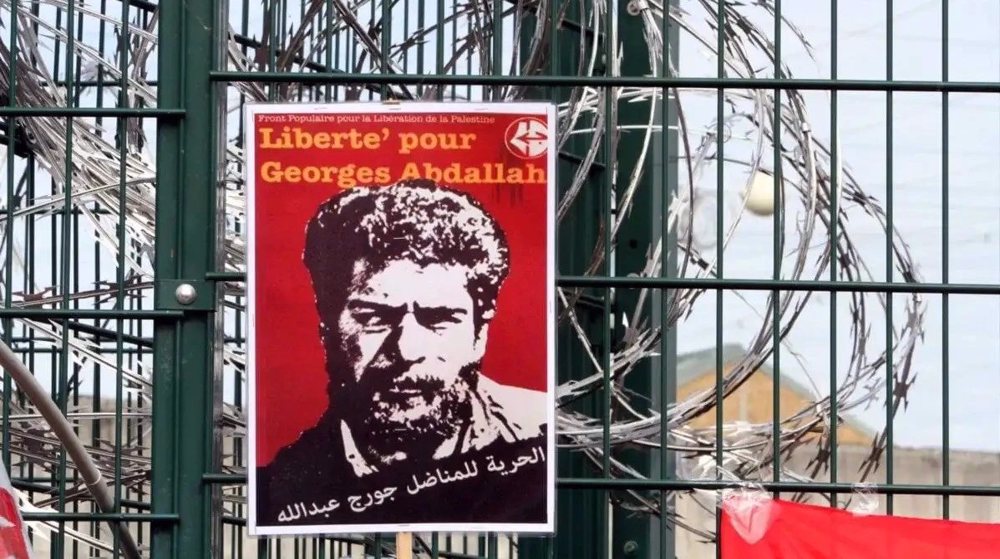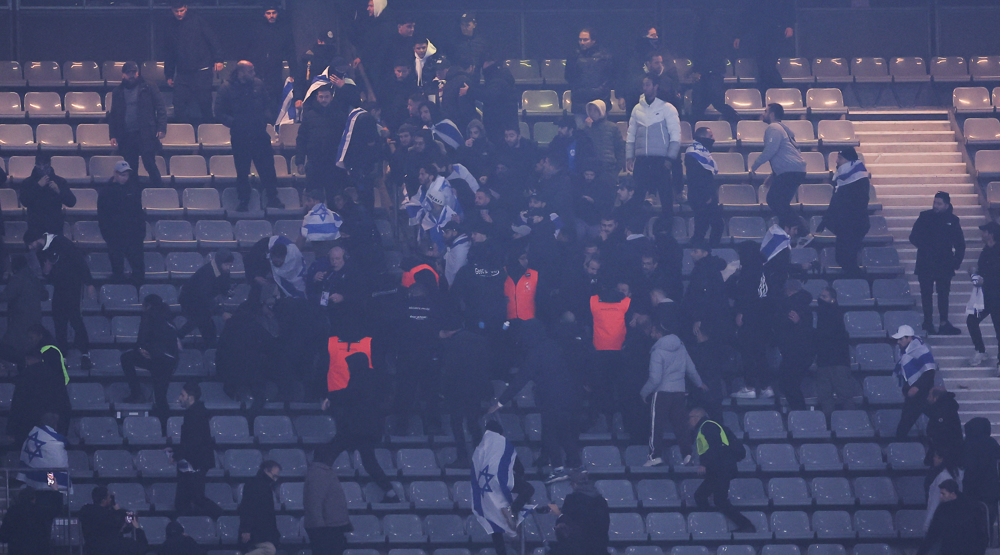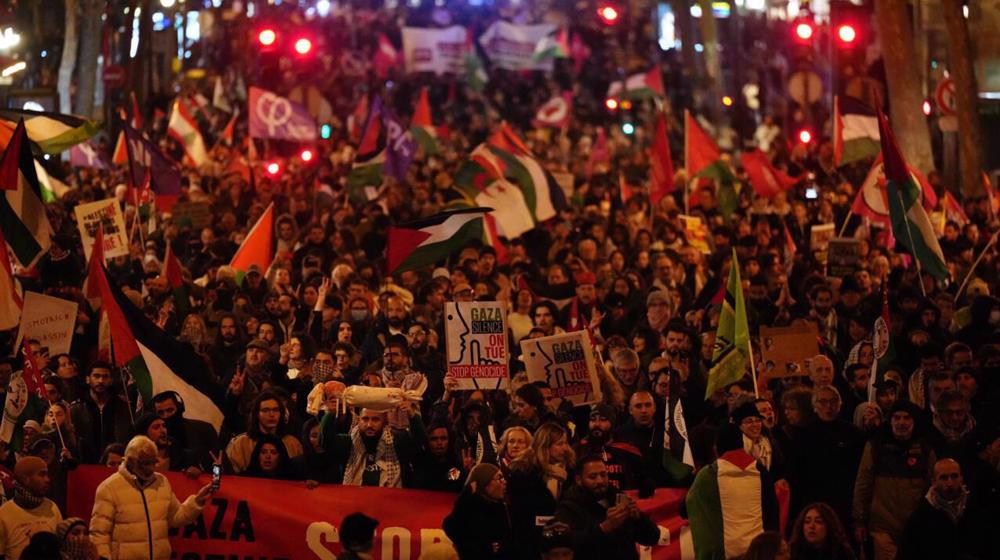‘French govt. to suspend fuel tax hikes’ amid raging protests
The French government has reportedly decided to suspend planned fuel tax hikes in a bid to end two weeks of violent protests in the country over the matter.
Prime Minister Edouard Philippe is preparing to announce the suspension, which will be accompanied by other government moves intended to calm the protesters, AFP reported on Tuesday, citing “government sources.”
According to the sources, President Emmanuel Macron decided to suspend the 2019 fuel tax increases late on Monday after his administration members spent the day negotiating with leaders from all political parties.
Philippe, the report added, will announce the fuel tax suspension later on Tuesday after holding talks with legislators in his Republic on the Move Party.

The French prime minister will not, however, meet with a delegation of the “yellow vests” out of “security” concerns, after several of them said they had received death threats by angry protesters challenging their claims of representing the grassroots movement, according to Philippe’s office.
The suspension of the fuel tax hike was among the key demands listed by the “yellow vest” leaders, in addition to a higher minimum wage and the restoration of a wealth tax on the rich, which was abolished last year.
The intense protest events, which degenerated into street clashes and vandalism throughout Paris over the weekend, broke out last month over the fuel taxes aimed at financing France’s anti-pollution measures.
The massive protests were initially triggered by the rising cost of fuel this year, and rapidly expanded into a wider revolt against government policies, which stands accused of pursuing policies that primarily impact low-income households in the European nation.
‘Income inequality getting worse across Europe’
A French professor of political economy, Jack Rasmus, told Press TV that income inequality is on the rise in France.
“Income inequality is getting worse, and Europe looks like it is heading to another recession,” Rasmus said. “Germany is already contracting.”
Pointing to a slowing economic growth across Europe, Rasmus said, “People haven’t recovered from the last crisis. They are getting squeezed. This is just not workers and collective bargaining, but small businesses.”
Many influential figures in France have reportedly been pressing Macron to alleviate the popular anger after witnessing the urban battles in the country’s capital on Saturday, when dozens of automobiles were burned and businesses attacked and looted.

The first “yellow vest” protest against the fuel tax hike was held on November 17. The protests in Paris turned particularly violent last weekend, with the Arc de Triomphe monument severely damaged and avenues off Paris’ Champs Elysees heavily vandalized.
New poll shows Macron’s popularity slumping
Meanwhile, a new survey showed the approval ratings of Macron and Philippe falling to a new low amid the protests.
The French president’s approval rating dropped to only 23 percent in the poll conducted late last week by Ifop-Fiducial, down six points compared to a similar poll last month.
The survey, which was published Tuesday by Paris Match magazine and Sud Radio, also showed Philippe’s rating declining by 10 points, standing at 26 percent.
Macron’s latest rating matches the low standing by his predecessor Francois Hollande in late 2013, according to Paris Match. Hollande at the time was considered to be the least popular French leader in the nation’s modern history.
VIDEO | 85% of Yemeni displaced people face daily hunger crisis
US House passes bill targeting charities and pro-Palestine groups
VIDEO | Supporting Gaza genocide
Hezbollah attacks Israeli forces after Lebanese homes blown up
World leaders, states hail ICC arrest warrants for Netanyahu, Gallant
MP: US accountable for possible Israeli 'foolishness' to attack Iraq
VIDEO | Israeli policies strangle Palestinian agriculture, economy
Iran's president offers condolences to Pakistan over terrorist attack













 This makes it easy to access the Press TV website
This makes it easy to access the Press TV website